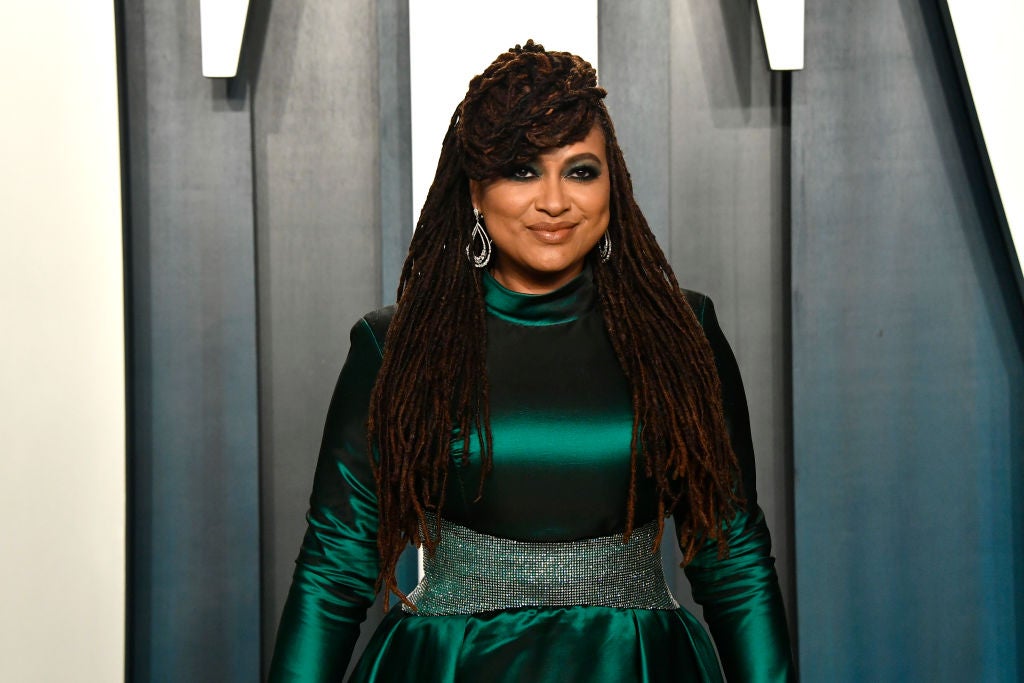
What is done in the dark, will always come to light.
And thankfully, a federal judge saw the light by ruling in favor of Netflix and director Ava DuVernay on Monday, throwing out a defamation suit over their miniseries about the 1980s Central Park jogger case.
In his ruling, U.S. District Court Judge Manish Shah found that When They See Us‘ depiction of John Reid’s controversial interrogation technique was not grounds for a lawsuit.
“If the technique is as widely used as Reid says it is, the effect of the criticism has been felt well beyond Illinois’s borders,” Shah wrote in filings, obtained by Deadline. “To find that DuVernay should be haled into court here because she criticized a process sold by a company that happens to be located in Illinois would be to offend traditional notions of fair play and substantial justice.”
The Reid Technique, which is no longer used in most cities in the U.S., is an accusatory technique where investigators claim suspects committed a crime, even when they didn’t. It’s obvious why this technique is problematic.
In a statement to ESSENCE, Netflix praised the court’s ruling. “We’re pleased the court has found in our favor,” a spokesperson said.
But Reid’s lawsuit, filed last October, isn’t the only lawsuit the miniseries is facing. Linda Fairstein, who was also depicted in the series, also filed a suit last week, claiming that she was publicly defamed, in court documents obtained by ESSENCE.
In a statement to ESSENCE, a Netflix spokesperson completely dismissed Fairstein’s lawsuit.
“Linda Fairstein’s frivolous lawsuit is without merit,” the statement read. “We intend to vigorously defend When They See Us–and Ava DuVernay and Attica Locke, the incredible team behind the series.”